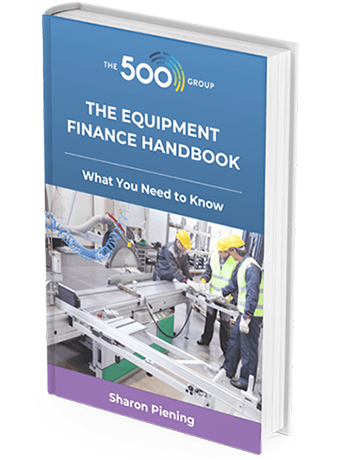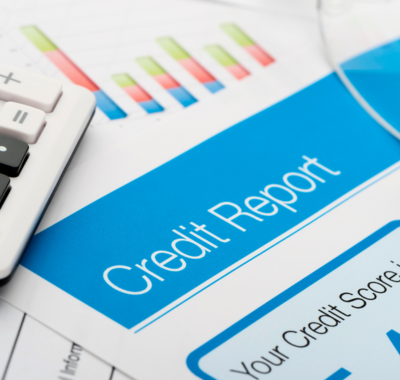
A fixed interest rate protects borrowers against potential rate increases for the term the rate is fixed. This can make budgeting easier and provide greater peace of mind.
However, if you want to pay off the loan early, you will incur break costs!
This cost can be significant, especially if you still have a long contract term remaining.
What are Break Costs?
Break costs are the fees charged by the Lender if you:
- Pay out the loan early
- Wish to modify your repayment arrangements
- Change to a different product
Why do Lenders charge Break Fees?
When Lenders provide fixed-rate finance (as with Equipment Finance), they borrow money from the wholesale market at a fixed rate for the same period on the assumption that you will repay the loan over this agreed period.
If you change or payout your contract, then the Lender potentially loses money, and this cost is passed on to you.
How Lenders determine Break Costs

The method by which break costs are calculated is complex and will differ depending on the Lender.
The foregoing said, in broad terms the Lender will:
- Determine the difference between the wholesale rate at the time the contract was signed and the current rate.
- Divide this by the average of your loan balance for the period remaining on your contract.
The result will be the break cost you need to repay.
For example, If the wholesale rate the Lender used when you took out the contract has since fallen by 1%, then the break costs calculation would be:
- The amount that will repaid multiplied by 1% multiplied by the term remaining
How to avoid Break Costs.
The best ways to avoid break costs include:
- Aligning the finance term with the asset’s expected useful life
- If there is a possibility that the asset will need to be replaced, a higher balloon payment rather than a longer term may be preferable
- Ensuring the repayment structure is aligned to your cashflow (a repayment structure that is misaligned can create cashflow issues which, in turn, may lead to the need to restructure and payout the finance contract and through this, incur Break Costs)
Summary
In most cases, you will incur break costs if you need to pay out finance with a fixed interest rate.
The size of that will be determined by:
- The difference in interest rates between when the contract was signed and now
- The term remaining on the contract
While Break Costs are sometimes unavoidable, in my experience, when it comes to finance, ensuring you have the right finance structure and term from the outset is the best way to avoid financial pain down the track.
If you would like to learn more, or are thinking about equipment finance, don’t hesitate to get in touch.



















